A Fitbit smart ring could challenge the Galaxy Ring in ways Oura can't
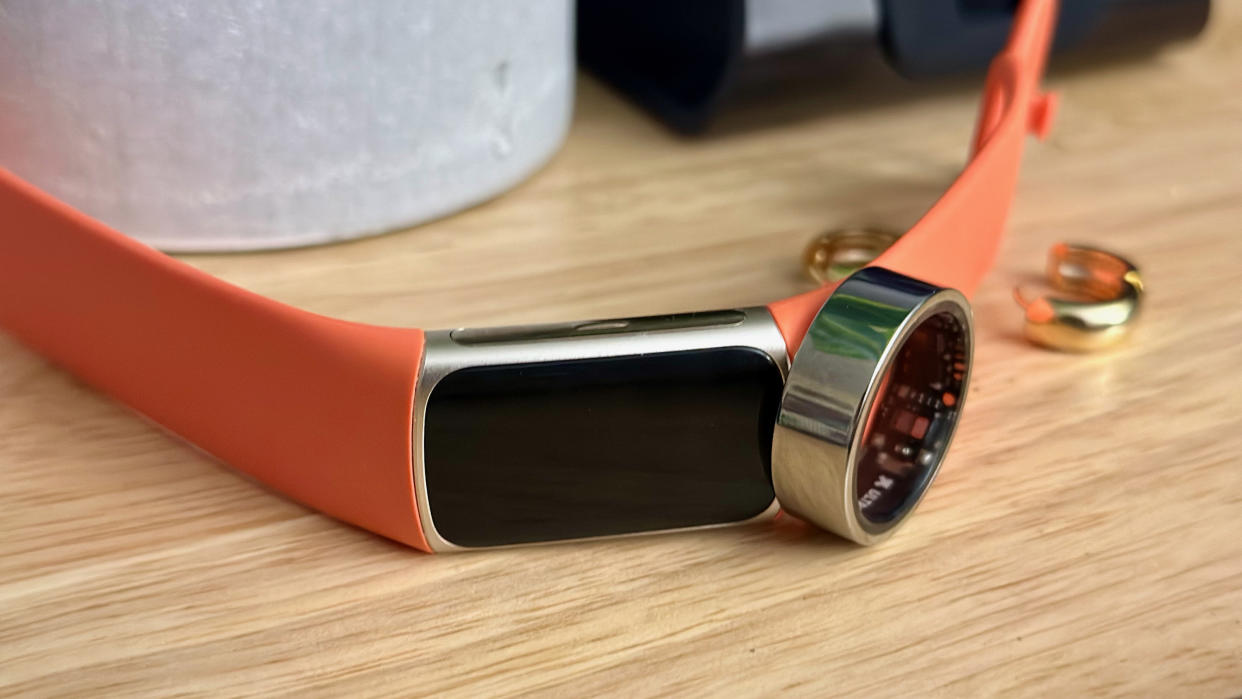
Earlier this month, tech sites spotted a patent for an ambitious Fitbit smart ring, built to track blood pressure, glucose, lipids, hemoglobin, and your diet, plus the usual essentials. I don't know if a Fitbit or Pixel Ring could pull these off, but it doesn't matter. It's just one of many future smart rings that'll succeed (or fail) based on the name on the box.
Gadgets & Wearables first spotted the U.S. patent from Fitbit, titled "Ring for optically measuring biometric data." According to the filing, Fitbit first applied for a smart ring patent in 2019, refiled this application in 2020, and finally had it accepted this June.
A lot can change in four years. The Google-Fitbit acquisition, then the loss of Fitbit's executives in January 2024, means that Google will call the shots on the Fitbit roadmap. We don't know if its execs care about smart rings. Maybe they're waiting to see if the Galaxy Ring succeeds or until the Samsung-Oura legal battle ends.
This isn't merely about Fitbit and Google, though. I suspect that many well-known fitness and smartwatch companies are waiting with bated breath for a chance to sell their own smart rings, and it's not clear whether their brand synergy will help or hurt their chances of success.
A Fitbit Ring doesn't need to be unique
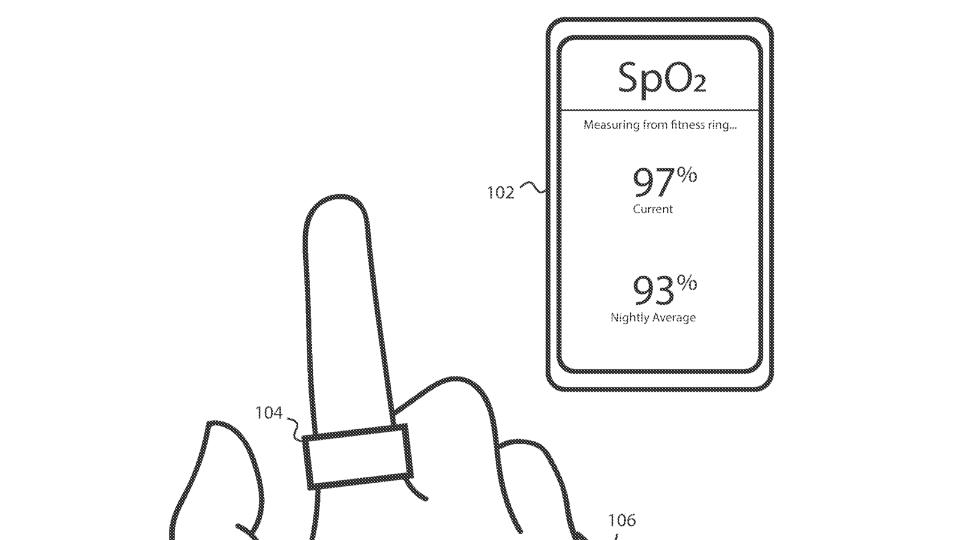
The Fitbit Ring patent says the device could monitor your "pulse, blood pressure, glucose levels, lipid concentration, carboxyhemoglobin levels, hemoglobin...pulsatile (arterial) blood oxygenation ('SpO2') or non-pulsatile (arterial and venous blood, usually called tissue oxygenation or 'StO2')."
It makes the Fitbit Ring sound like a portable, continuous doctor's appraisal on your finger, which would certainly appeal to consumers. In reality, Fitbit is essentially calling dibs on everything it wants to track; some of that data, especially blood sugar tracking, probably won't be consumer-ready for years.
More likely, a Fitbit/Pixel Ring would have a near-identical sensor list to an Oura Ring, with health data it can reliably deliver. The same goes for the design. Fitbit has a cool idea for a hinged ring that's "flexible and adjustable" instead of a fixed size, but on the outside, the patent sketches show the exact same thick, spartan band design as every other smart ring.
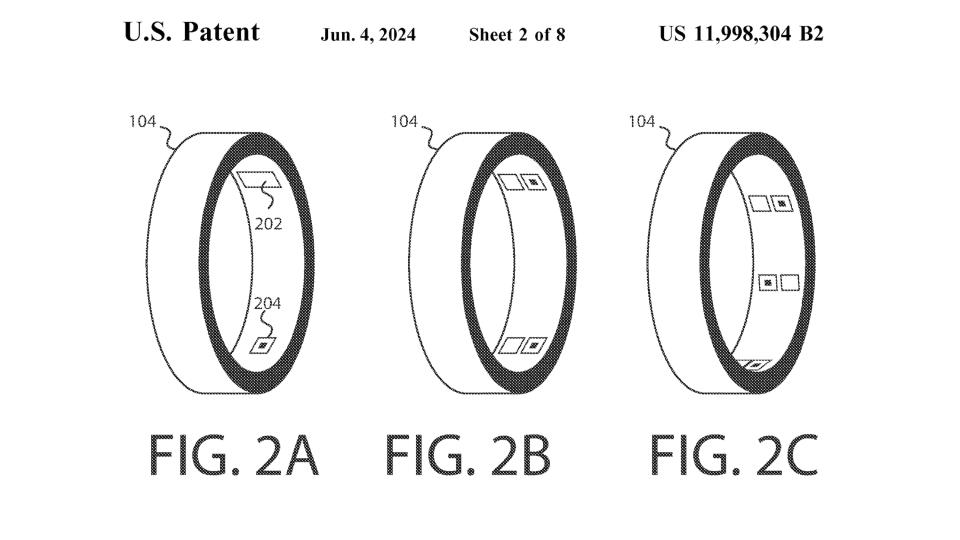
So what does the Fitbit Ring have going for it that other smart rings don't? I wrote earlier this month about the missing features smart rings need, and this patent promises some of my requests: NFC support, haptics (the patent says "vibrational feedback"), and new health sensors. We'll see if Fitbit actually pulls them off.
What's more certain is that the ring would sync with Fitbit Premium. The patent says that the ring could "communicate directly to a hospital network" for doctors to monitor, but that in most cases, it would send its data to a "networked service [emphasis mine] which can further analyze the data and generate reports."
That's what will set a Fitbit Ring apart: the name and the algorithm. Fitbit's reputation for accurate health data will draw consumers' attention more than a standalone smart ring from a less established brand. The only question is whether that attention will translate into sales.
Integrated or redundant?
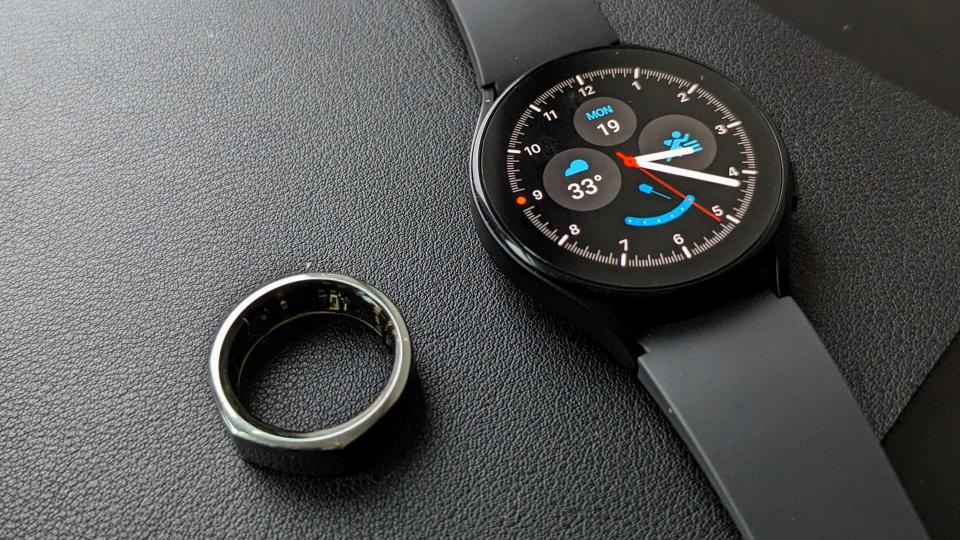
Oura, Ultrahuman, Circular, Ringconn, and other first-generation smart ring brands have taken an independent approach, communicating solely with their own apps, with some connection to Android's Health Connect and other integrated services. It's a Wild West of brands one-upping each other, relying on marketing to stand out because the rings themselves are so darn similar.
Personally, I like my Ultrahuman Ring Air, but I do wish its data could sync with my other fitness watches instead of being standalone. And that's what future smart ring brands are counting on.
This year, a new smart ring trend started. Amazfit's Helio Ring syncs with the same Zepp Health app as other Amazfit watches, comes with subscriptions to its Zepp Aura and Fitness memberships, and offers a discount on a watch if you buy the smart ring.
This summer, the Galaxy Ring arrives as a Galaxy phone exclusive; Samsung says it's working on support for other Android phones, but some of its data might only be available through Galaxy apps. You'll get your ring data and AI guidance through Samsung Health. And Samsung is almost certain to bundle the Galaxy Watch 7 and Galaxy Ring after Galaxy Unpacked.
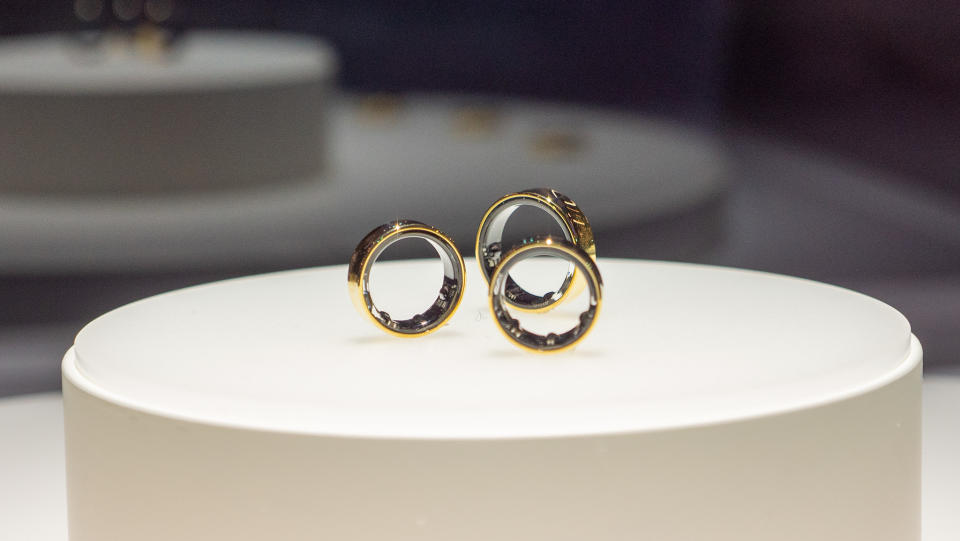
A Fitbit Ring or Pixel Ring would fall right into this trend. Google won't expect people to replace their Fitbit Sense 2 or Pixel Watch 2 with a screenless bit of jewelry, but they'll hope to convince them to supplement their health data with a second, more comfortable source for sleep tracking.
More niche fitness brands like Polar are exploring smart ring integration. Techradar interviewed the Polar CEO, who said that they'd either make a smart ring or make a third-party ring compatible with the Polar Flow app—just as they made 3rd-party heart rate earbuds work with the app.
Watches like the Polar Vantage V3 rely on sleep data but are a bit too bulky to be comfortable at night; a smart ring would solve that problem, and I've seen athletes on various subreddits and forums say they're interested in having a new sleep option for their Garmin watches or other large-watch brands.
But superusers saying they're interested and general consumer sales are two different things.
Do you want a smart ring from your favorite brand?
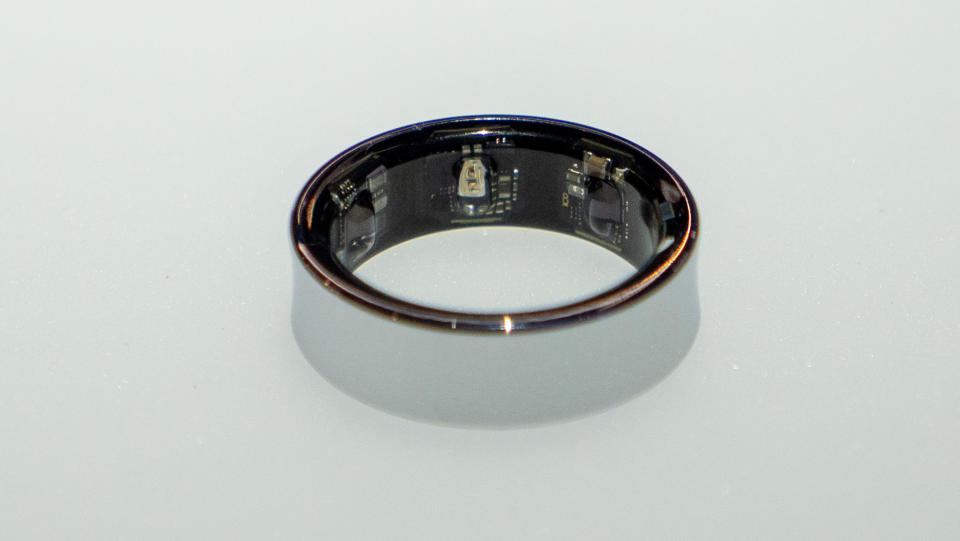
Sure, people who buy $1,000 Garmin Fenixes, Apple Watch Ultras, or the future Galaxy Watch Ultra will have the disposable income and desire to buy a smart ring and complete the set, so to speak. And they'll be interested in a ring made by a brand they trust and that connects to a fitness app they already use and like.
But just as many people might avoid a smart ring because they'll find its purpose redundant with what they already have. They might be less willing to buy a popular brand's ring than they'd be to buy a standalone ring that, theoretically, offers something new.
I find smart rings fascinating, but I'm genuinely uncertain whether they'll explode the same way smartwatches did. I suspect companies like Fitbit with smart ring patents are biding their time; doing cost-benefit analyses and reading the economic tea leaves to decide whether making a smart ring is worth the effort.
I think it'll depend on whether the name "Apple Ring" or "Garmin Ring" or "Fitbit Ring" will have enough of a marketing draw on everyday people that they'll want to try something "new" that isn't actually that new.
Are you one of those people? We'd love to hear your thoughts on which smart ring brand would be exciting enough for you to buy one or if you're still skeptical about buying a smart ring.
